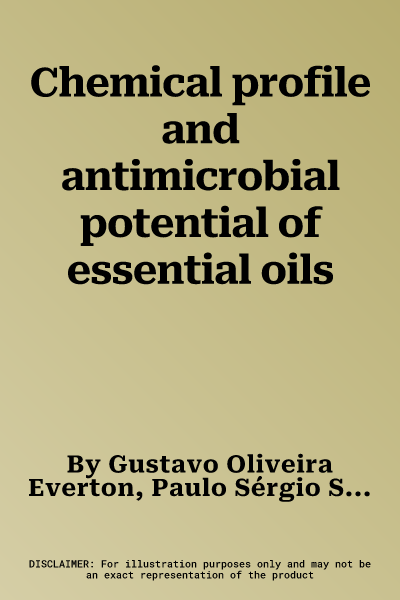Gustavo Oliveira Everton
(Author)Chemical profile and antimicrobial potential of essential oilsPaperback, 20 June 2020

Qty
1
Turbo
Ships in 2 - 3 days
In Stock
Free Delivery
Cash on Delivery
15 Days
Free Returns
Secure Checkout
Print Length
52 pages
Language
English
Publisher
LAP Lambert Academic Publishing
Date Published
20 Jun 2020
ISBN-10
6202671696
ISBN-13
9786202671699
Description
Product Details
Book Format:
Paperback
Country of Origin:
US
Date Published:
20 June 2020
Dimensions:
22.86 x
15.24 x
0.3 cm
ISBN-10:
6202671696
ISBN-13:
9786202671699
Language:
English
Pages:
52
Publisher:
Weight:
90.72 gm

